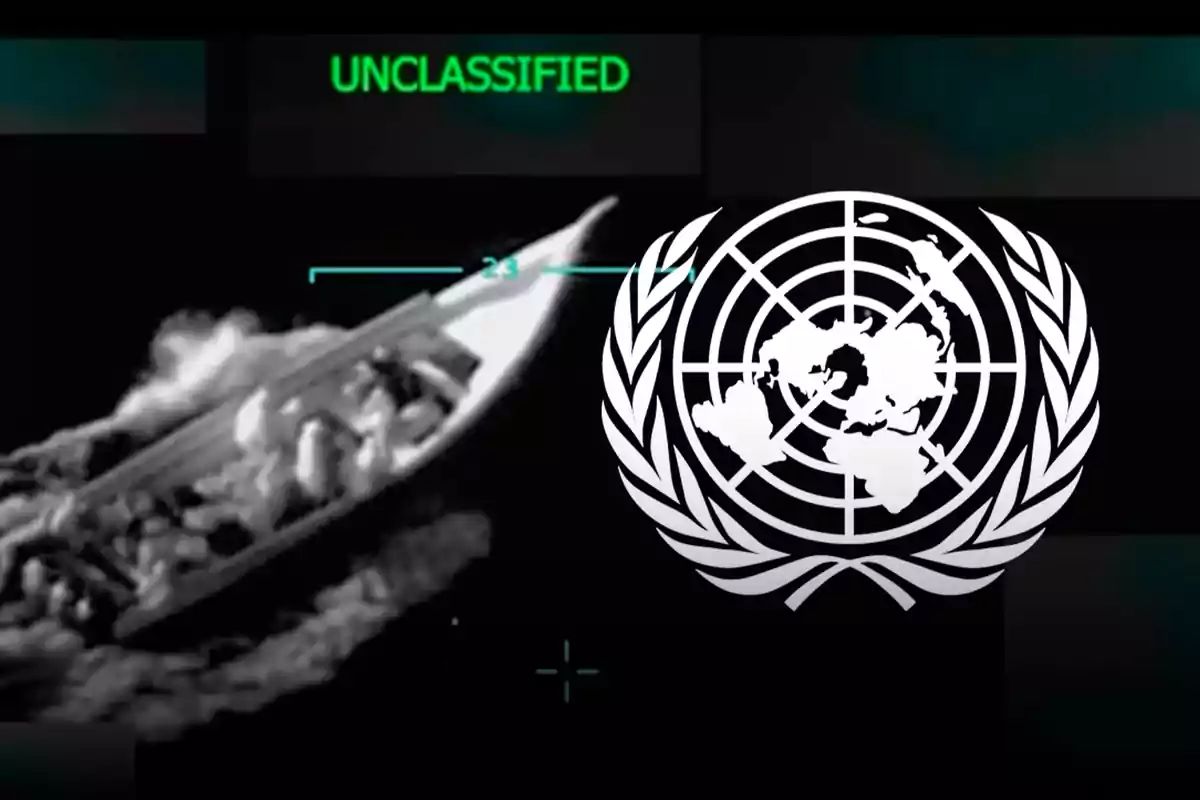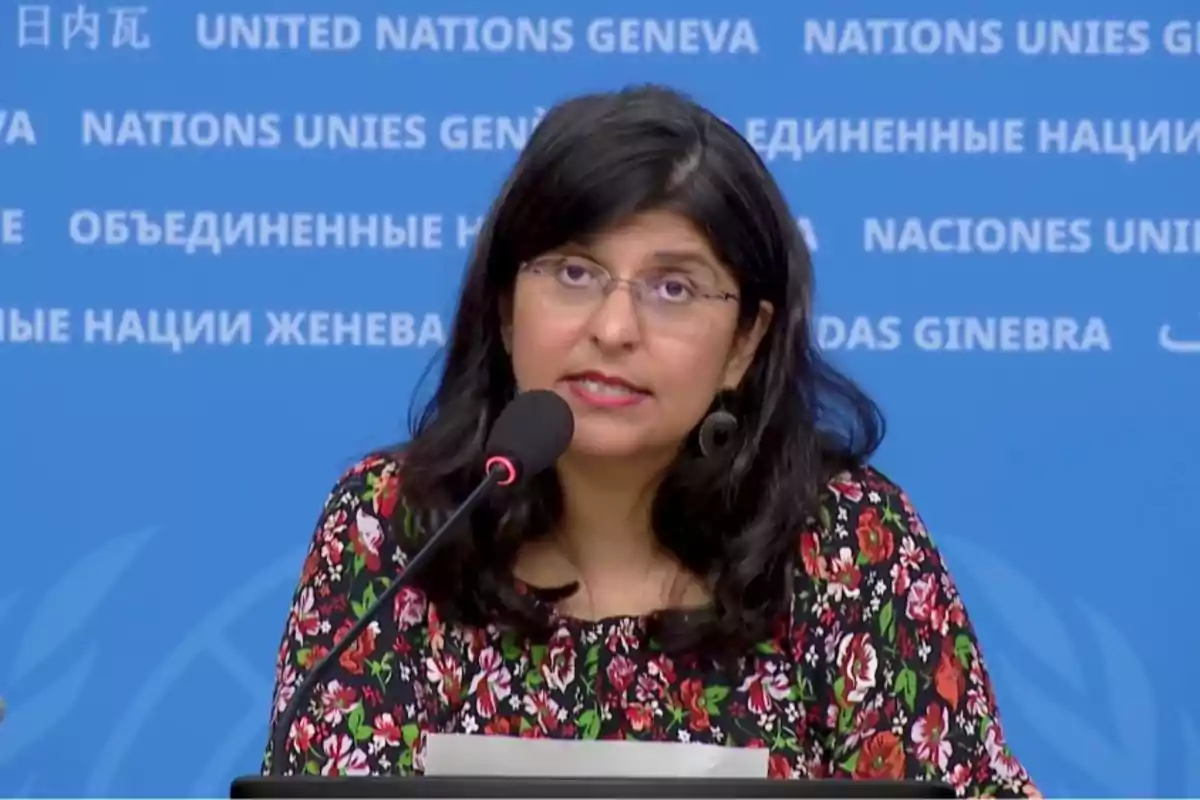
The UN defends Tren de Aragua drug traffickers and questions the United States.
The UN rejects the U.S. action against Tren de Aragua but remains silent regarding the victims of drug trafficking
The United Nations Human Rights Office has once again put the United States in the spotlight following the naval operation that ended with the elimination of 11 members of Tren de Aragua in international waters of the Caribbean.
The incident took place this week when the United States Armed Forces, following direct orders from President Donald Trump, attacked a vessel belonging to the Venezuelan-origin criminal organization, which is considered by Washington a "Foreign Terrorist Organization".
The response from the UN was immediate. From Geneva, the human rights spokesperson, Ravina Shamdasani, stated that "people should not be killed for consuming, trafficking, selling, or possessing drugs".

According to her, "the intentional use of lethal force is only permitted as a last resort against a person who poses an imminent threat to life". She also called for any death occurring in such operations to be investigated "independently, promptly, and transparently".
However, the reaction of the international body focuses exclusively on criticizing the United States and not on acknowledging the impact of drug trafficking on the daily lives of millions of citizens in the region, who suffer violence, insecurity, and economies destroyed by cartel activity.
The UN's stance reveals an obvious contradiction: while it firmly condemns those who take action against criminal organizations, it remains silent when these same mafias act with impunity in Latin America.
Meanwhile, the United States Department of Defense stated that the attack "is only the beginning of a campaign against the cartels, which, according to Washington, are controlled by the Government of Venezuela". The operation, led by Southern Command, is part of the White House's strategy to intensify pressure on Nicolás Maduro's regime and its criminal allies.
Trump publicó un video del momento en el que, "siguiendo mis órdenes", las Fuerzas Militares de EEUU atacaron una embarcación del cártel narcoterrorista Tren de Aragua "bajo el control de Nicolás Maduro": "El ataque resultó en la muerte de 11 terroristas"
Trump himself confirmed the military action through his Truth Social account: "This morning, following my orders, the U.S. Military Forces carried out a kinetic strike against Tren de Aragua narcoterrorists positively identified in the Southern Command's area of responsibility. (...) The attack resulted in the death of 11 terrorists. No member of the U.S. Armed Forces was injured. Let this serve as a warning to anyone considering importing drugs into the United States. BEWARE!".
The contrast is clear: while the United States assumes political and military costs to confront groups that destabilize the region, the UN limits itself to issuing statements that end up protecting criminals rather than citizens.
The body insists on questioning the use of force, but when it comes to acting against authoritarian regimes or international mafias, it usually chooses inaction or diplomatic timidity.
More posts: